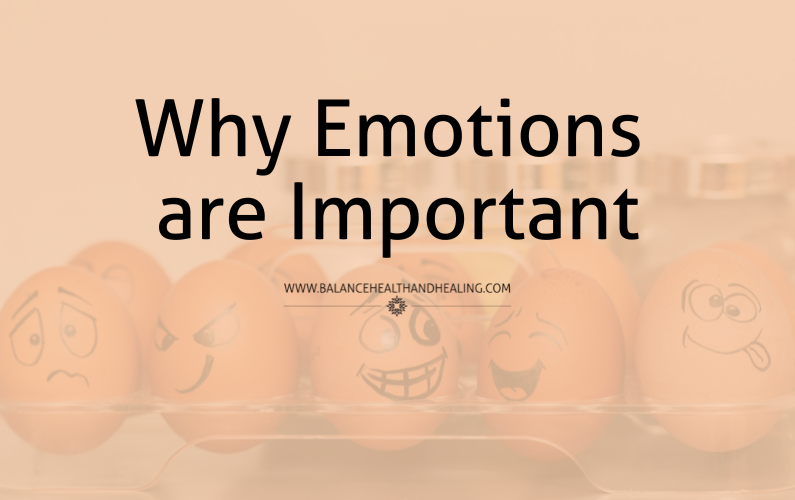
Why Emotions are Important
Why are emotions important to feel? Do I really have to feel the “bad” emotions?
Throughout my time as a therapist I have had the opportunity to sit with my clients through all types of emotions. We have been able to laugh, cheer, and cry together. A pattern that I have noticed is many individuals being intentional about how they communicate and share the “positive”, and the avoidance and reservation regarding the “negative” emotions. But what if being in tune with all of our emotions, positive and negative, could be the puzzle piece needed to move towards healing?
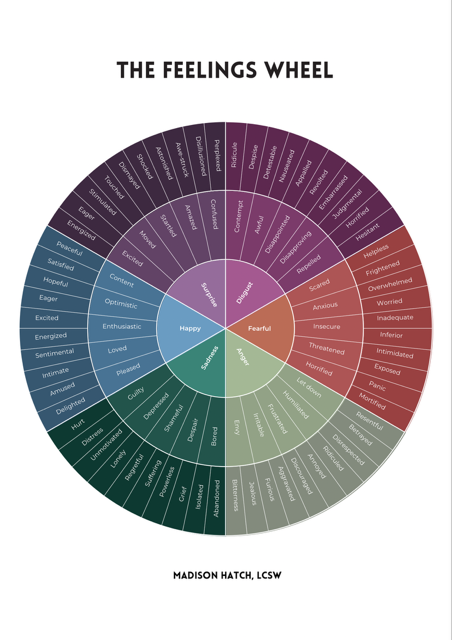 If we suppress this side of ourselves, is it possible to be embodied? Is it possible to move towards healing?
If we suppress this side of ourselves, is it possible to be embodied? Is it possible to move towards healing?
Lets focus on the ‘sad’ category of emotions. On this emotion wheel, bored and guilty are on two ends of the spectrum of sad. Although they are both ‘sad’ feelings, they are extremely different when focusing on how to support ourselves through it. Let’s picture you driving your friend’s car, not paying attention, and hit a fence. Although everyone is okay, the car is totaled. One emotion that may be present is guilt. How could you make yourself feel better? What if you take the car back, put it in the garage, and pretend it didn’t happen? That would likely add to the guilt. One option that may be more helpful could be calling your friend, apologizing, taking accountability, and working together to find a solution. Now, let’s focus on the ‘bored’ emotion. Let’s say you’re bored, sitting in your home. How do you navigate this? Would you call your friend and apologize? Likely not because it’s unrelated. Maybe you would go on a walk, find a friend to visit with or read a book. Both ‘bored’ and ‘guilty’ are considered sad feelings, but the direction to process through and find a solution is very different.
This is why it is so important to identify and hold space for all emotions that are present. If we can view our emotions as puzzle pieces that are both normal and expected throughout our human experience, the compulsion to suppress lessens. We don’t necessarily have control over the emotions that present themselves throughout our daily lives, but we do have the ability to control how we support ourselves while holding space for each of them.
I challenge you to look at this emotion wheel and identify 3 emotions that you have felt throughout the day today, and why. The more we put the puzzle pieces together, the easier it will be to hold space for all emotions, without suppression.

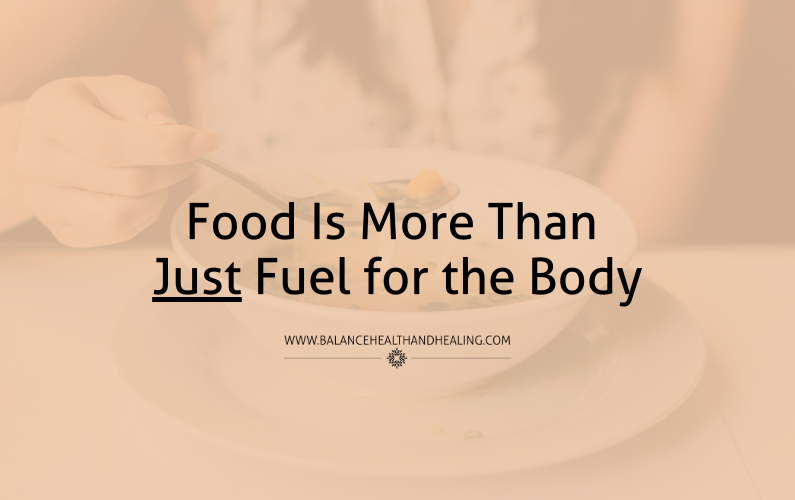
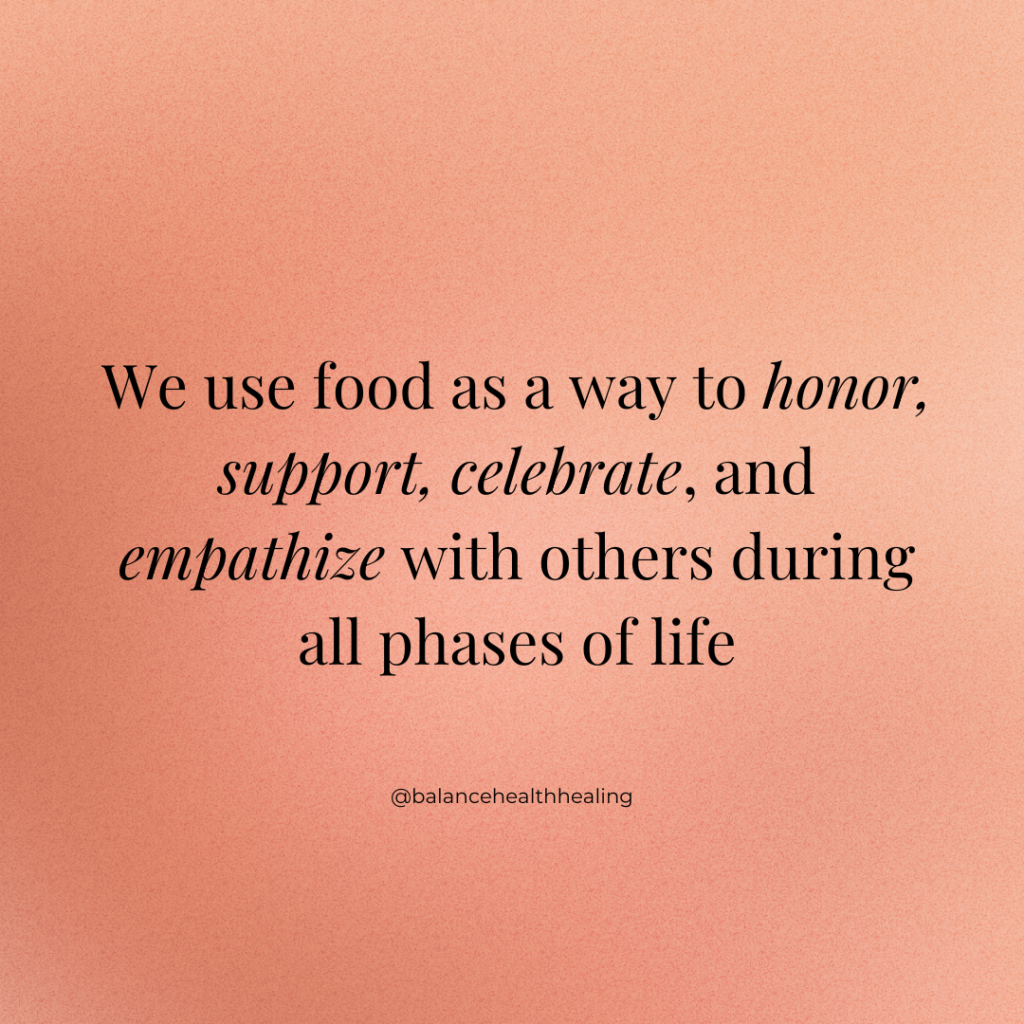 Throughout our lives, we as humans experience a variety of emotions. Whether they are comfortable emotions such as feeling powerful, inspired, happy, or heavier emotions such as feeling insecure, overwhelmed, or disappointed, food can be a powerful way to find connection throughout it all.
Throughout our lives, we as humans experience a variety of emotions. Whether they are comfortable emotions such as feeling powerful, inspired, happy, or heavier emotions such as feeling insecure, overwhelmed, or disappointed, food can be a powerful way to find connection throughout it all. 
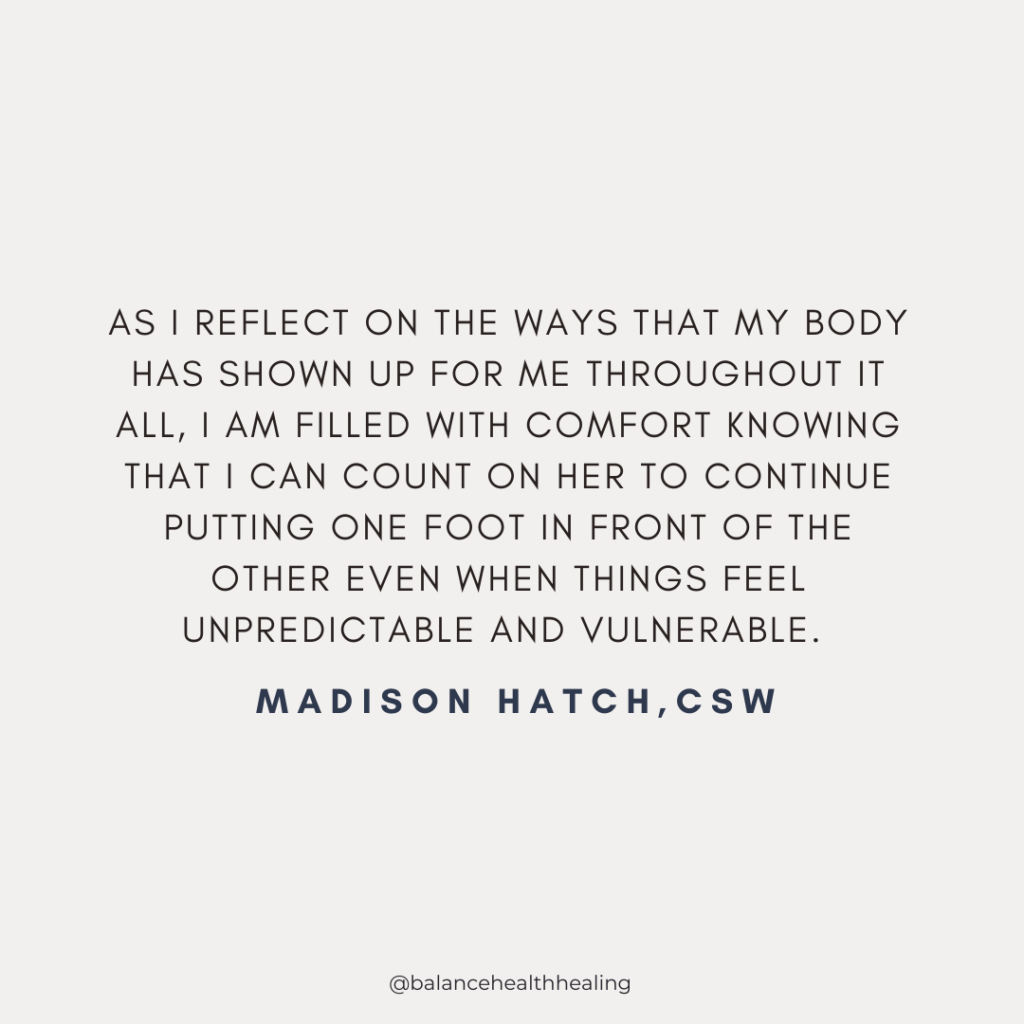 A letter to my postpartum body:
A letter to my postpartum body:
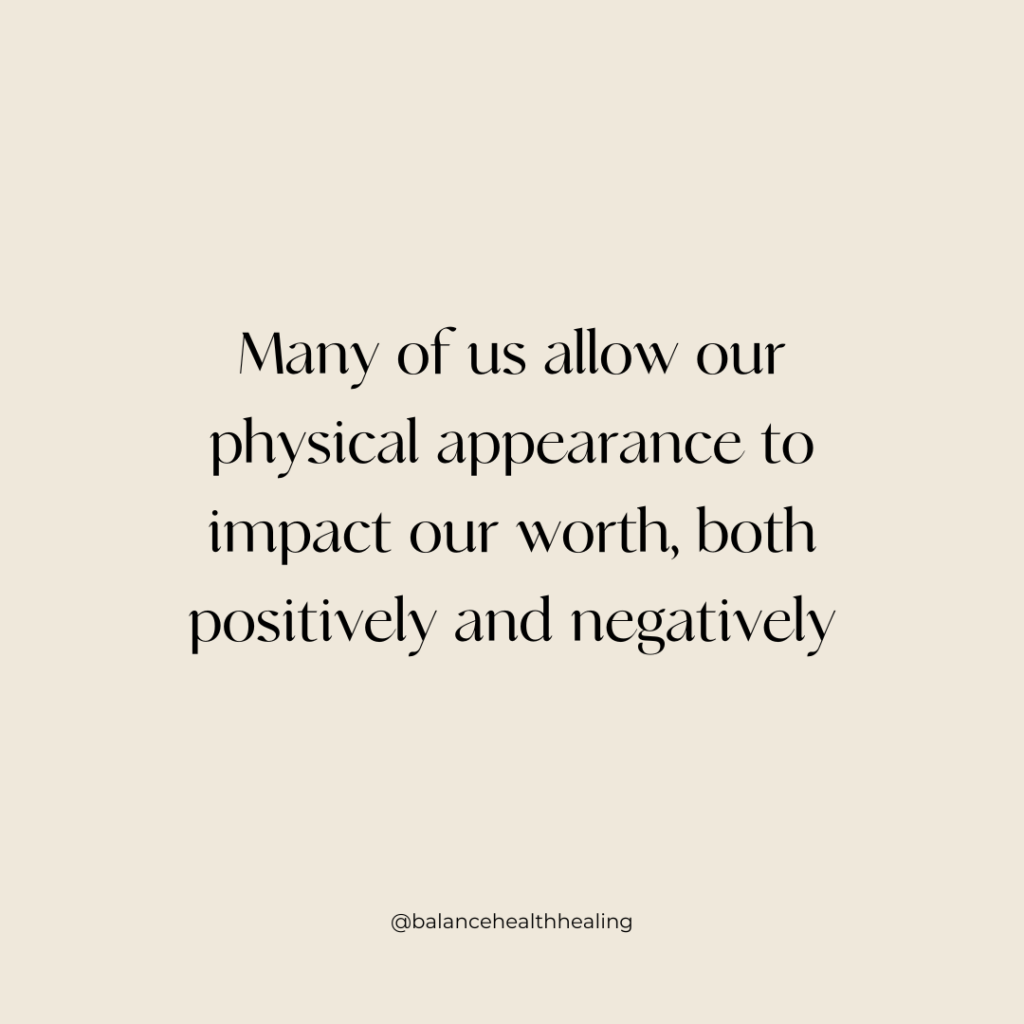
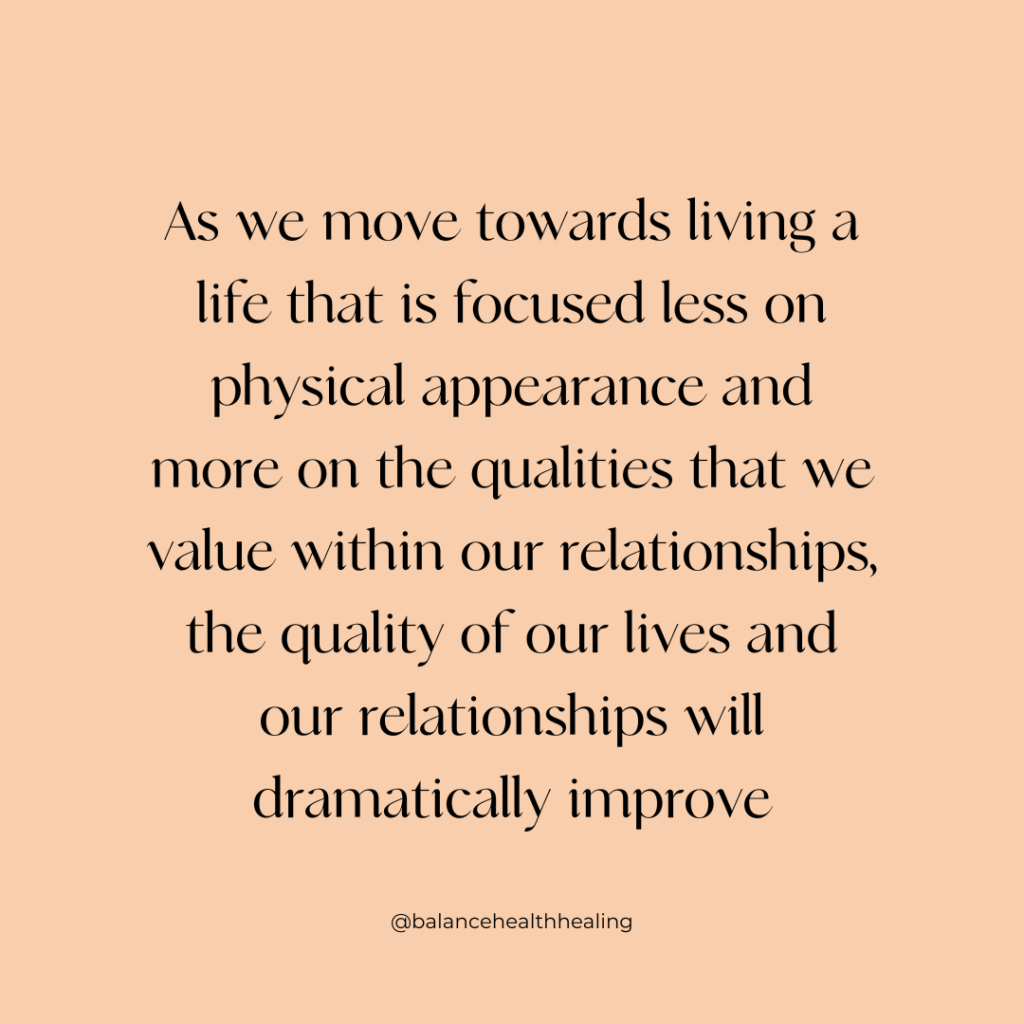 One of my favorite ways to challenge unrealistic expectations regarding my physical appearance is to identify a list of things that I am drawn to about my friends and family. Do I spend time with these individuals because of their clothing size, hair color, or height? Absolutely not. I spend time with my circle of people because of their values, sense of humor, our ability to connect, etc. With this in mind, it becomes clear how redundant focusing on my own physical appearance is, when it is such an afterthought to anybody who truly loves me unconditionally.
One of my favorite ways to challenge unrealistic expectations regarding my physical appearance is to identify a list of things that I am drawn to about my friends and family. Do I spend time with these individuals because of their clothing size, hair color, or height? Absolutely not. I spend time with my circle of people because of their values, sense of humor, our ability to connect, etc. With this in mind, it becomes clear how redundant focusing on my own physical appearance is, when it is such an afterthought to anybody who truly loves me unconditionally.